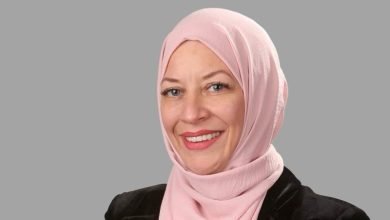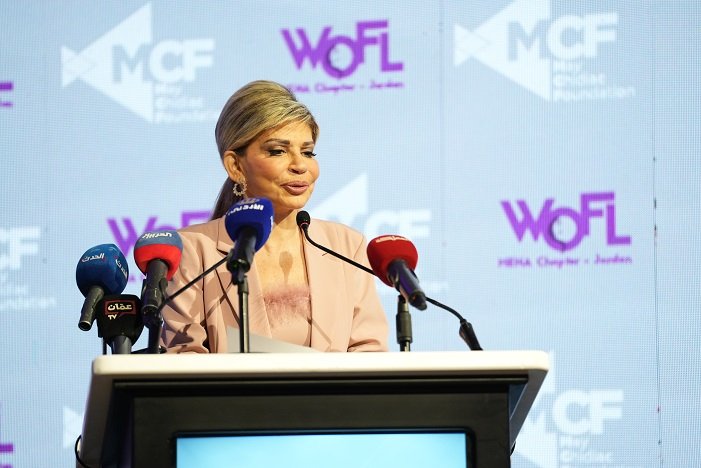
Jordan Daily – The seventh edition of the “Women On the Front Lines – Middle East and North Africa Chapter – Jordan 2025” conference (WOFL MENA CHAPTER – JORDAN 2025) took place on Sunday, February 23, 2025, in Amman.
Organized by the May Chidiac Foundation (MCF) and held under the patronage of Prime Minister, Dr. Jafar Hassan, and deputized by Minister of Social Development, Wafa Bani Mustafa, the event aimed to empower women and promote gender equality across various sectors.
Opening the conference, MCF President and former Lebanese Minister, Dr. May Chidiac, praised Jordan’s efforts to support women, expressing gratitude to King Abdullah II and Queen Rania for their backing of women’s initiatives. Chidiac emphasized the need for legal protections for women’s rights and stressed the importance of community efforts in securing these rights.
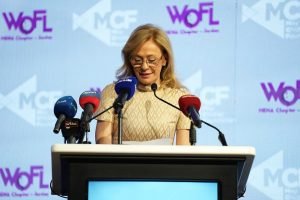
Conference chairwoman Maha Al-Shair echoed these sentiments, underscoring the power of women’s voices and their ability to drive change. She expressed hope for lasting peace in conflict-ridden areas like Gaza and Lebanon, focusing on the essential contributions of women in building resilient communities.
Minister Wafa Bani Mustafa reiterated the government’s commitment to advancing women’s rights and promoting their role in social and economic development.
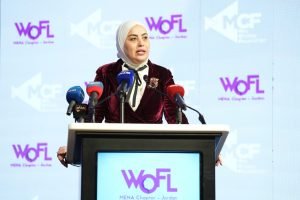
The event featured diverse discussions highlighting women’s resilience, particularly during times of war. Panel discussions addressed topics such as peacebuilding, women’s leadership in artificial intelligence, investigative journalism, and the impact of the arts. Speakers included female leaders from media, diplomacy, and technology, who shared their experiences and insights on overcoming challenges in their fields.
A key panel focused on the plight of women and children in Gaza, with participants discussing the humanitarian crisis exacerbated by the war on Gaza. Experts highlighted how women and children bear the brunt of violence, making up the majority of victims and detainees. Despite ceasefire agreements, many continue to suffer.
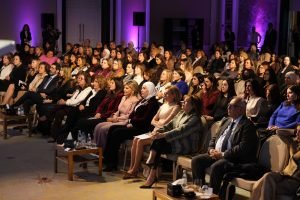
Another panel spotlighted women’s leadership in artificial intelligence, featuring innovators from Saudi Arabia, France, and Lebanon. The discussion explored AI’s potential in times of crisis and its role in shaping governance and societal change.
Investigative journalism also took center stage, with award-winning journalists sharing stories of resilience and the critical role of women in uncovering truths, promoting transparency, and advancing accountability, particularly in conflict zones.

The conference closed with a spotlight on art for social change. Female artists discussed how their work documents conflict, resists oppression, and fosters global solidarity, using films, music, and other creative mediums to inspire transformation.
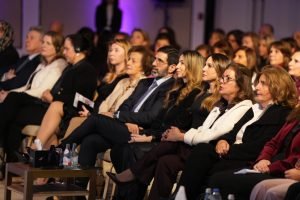
The event concluded with a “stars segment” featuring Jordanian actress and producer Saba Mubarak. Mubarak reflected on her 20-year career in the entertainment industry and the challenges she has faced as a woman in the field.
The conference also included reports on women’s empowerment from organizations like Dar Al-Handasah, HIKMA Pharmaceuticals, and Jordan Ahli Bank, highlighting corporate efforts to promote gender diversity and equality.

